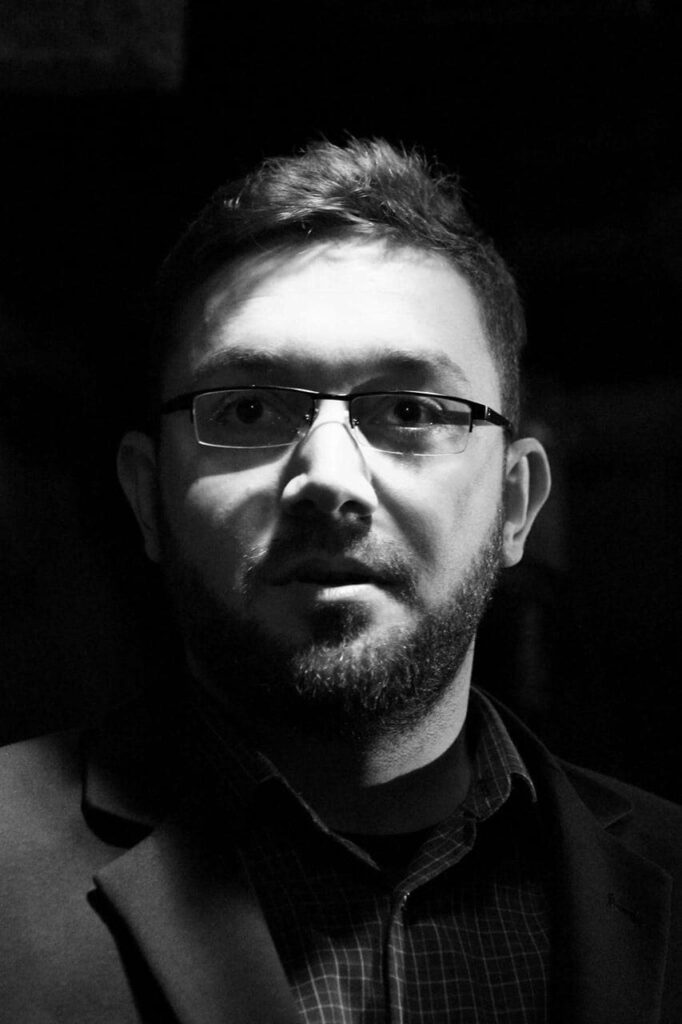Edis Galushi
Edis Galushi was born on March 6, 1989 in Prizren, Kosovo. Since childhood he has been engaged in various local organizations and has voluntarily organized awareness raising campaigns, youth trainings, several day exhibitions on Roma cultural heritage, youth visits to local government institutions, etc. In addition to youth activism, he has contributed to the inclusion of Roma children, besides the initiation of the first Roma children’s newspaper; he has also composed for the first time songs for children in the Roma language, enabling the children to participate in different festivals. After enrolling at university, Edis Galushi wrote various articles about the social, economic and political life of the Roma community, which have been published in various portals and newspapers.

It is worth mentioning his contribution to the heritage of Roma culture and literature through poetry and theatrical performances, most of which he wrote himself and is among the rarest Roma authors in Kosovo. Except other theater genres he is particularly focused in single act play and has written and performed two of them. He is usually seen to act as an independent cultural activist, raising his concerns on the good representation of the Romani culture in general. From 2007-2014 he worked as a journalist at Radio Television of Kosovo. He received his BA diploma in English language and literature from both University of Pristina (Kosovo) and University of Vilnius (Lithuania), and has recently gained his MA degree at the University of Zagreb. Currently, he works as a teacher and translator for Albanian, English and Serbian.
STATEMENT
I am one of those activists that likes to make people aware that besides being extremely fascinating and enriching, the history of the Roma community has deeper implications. It is exactly this fact that provided self-awareness, which allows us to gradually deconstruct the century-old prejudices, distorted image, and silenced history that the Roma themselves could not shake. For me, looking into the community’s history and nurturing cultural specificities does not mean disregarding or disrespecting others. Culture and self-awareness as tools to thrive and find commonalities with others rather than used to draw separation lines; education to facilitate a dignified, empowered life; and cultivating open-mindedness and curiosity towards diversities – this is what we all need for a more dignified and happy life.
